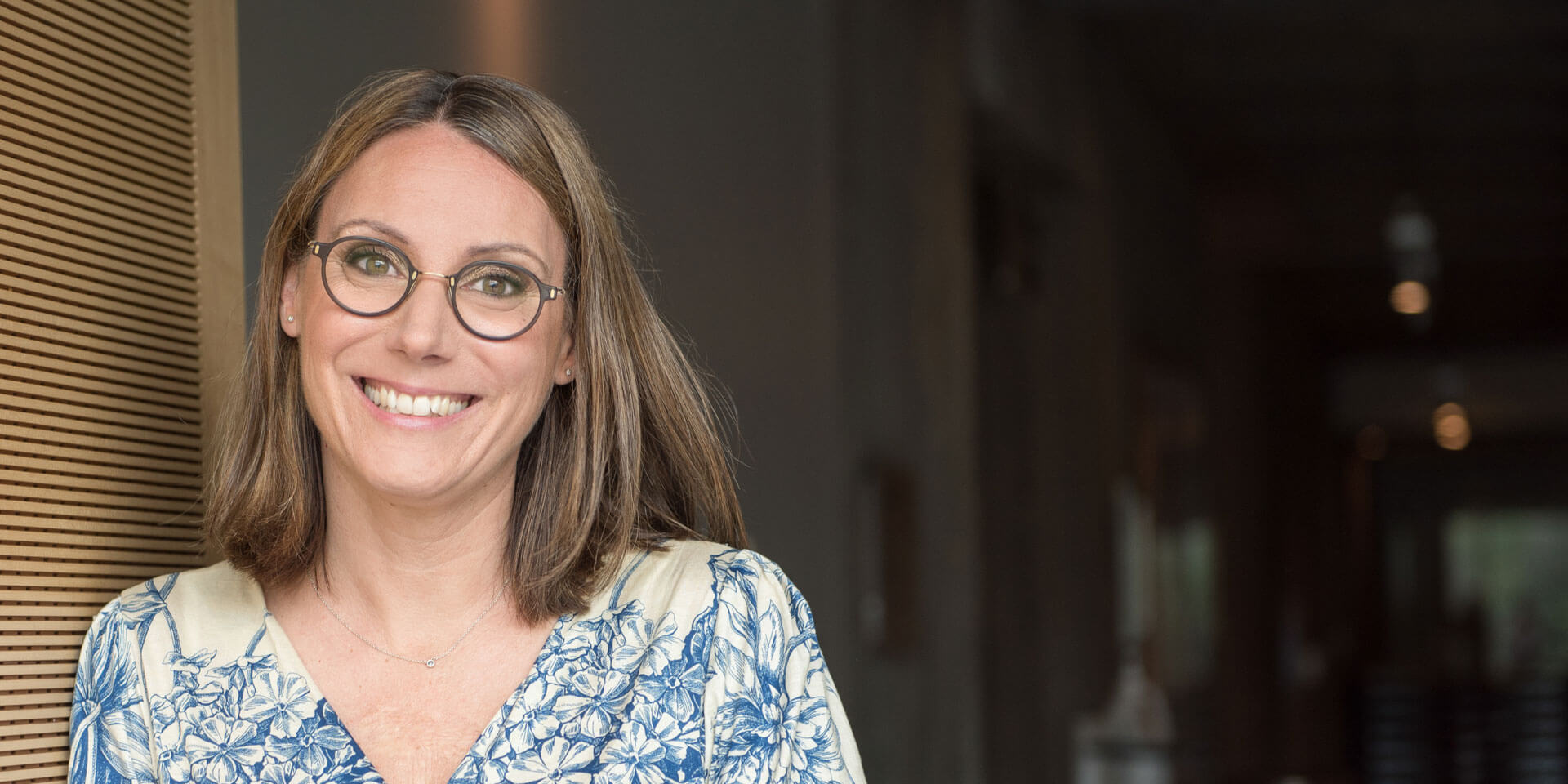Portrait of a researcher

Helping trans kids
Annie Pullen Sansfaçon
FACULTY OF ARTS AND SCIENCE - SCHOOL OF SOCIAL WORK
Full Professor, School of Social Work
Canada Research Chair on Transgender Children and Their Families
Four out of ten transgender people will attempt suicide. Many will experience physical violence directly related to their condition. According to the Office of the United Nations High Commissioner for Human Rights, “these acts are invariably the manifestation of deeply entrenched stigma and prejudice, irrational hatred and a form of gender-based violence, driven by an intention to punish those seen as defying gender norms.”
Annie Pullen Sansfaçon, UdeM professor and also a research associate at the Department of Social Work at Stellenbosch University in South Africa, knows these alarming facts and figures all too well. For years, she has been working to understand the experiences of oppression and resistance of trans children, youth and their families. “From the beginning of my career, I’ve been interested in anti-oppressive approaches and ethics,” she says.
Pullen Sansfaçon applies her knowledge to implementing best practices to support trans youth and their families. She helped develop Sam, the first transgender toy, and is co-founder of Gender Creative Kids, a Canada-wide organization that supports parents and children. “When a child transitions, the whole family transitions,” she says. “The parent may also experience discrimination.”
In her research, Pullen Sansfaçon is working to advance knowledge in a still largely unexplored field. She has partnered with researchers in other countries on an international data collection project which is expected to answer some important questions. “Young people from seven countries who are approaching puberty have been recruited,” she explains. “We will see them four times over the course of three years. The first interview is with the whole family. In the second year, we will interview them separately.”
You have a Ph.D. in Ethics and Social Work from De Montfort University in England. What led you to study social issues?
I am a member of the Huron-Wendat Nation of Wendake, north of Quebec City. My mother is Wendat and my father is Québécois. During my university studies, I worked as part of a social action group at the Wendake food bank, which still exists today. I was very fortunate to have the support of the Huron-Wendat Nation Council, which has programs to encourage academic perseverance and success. So I was able to go to De Montfort University in 1998 to pursue studies in social action.
How did you become interested in transgender children, a subject that at first glance seems far removed from your field of study?
About 15 years ago, someone close to me started coming out as trans. At the time, there weren’t many resources for either children or parents. Also, it was still treated as an abnormality, a defect that needed to be corrected. All the research was in that direction. Yet gender diversity has existed for centuries. With a colleague from Concordia University, who also had a personal connection to the issue, I wanted to propose a new way of looking at gender identity by doing research on trans children from a non-pathologizing perspective.
Follow Annie Pullen Sansfaçon’s work on UdeMNouvelles